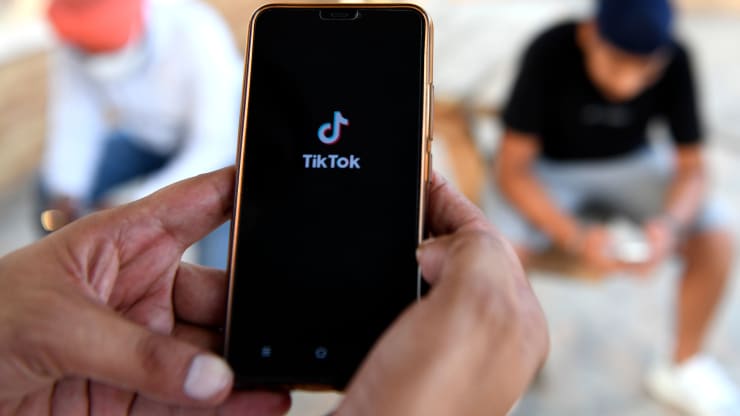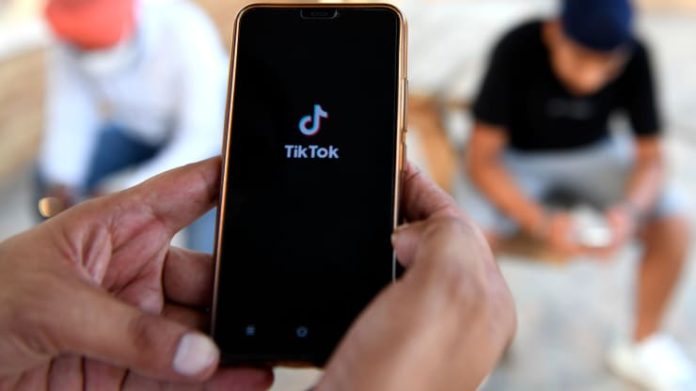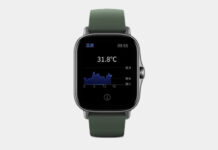Lawsuits filed Monday say an executive order issued by President Trump didn’t provide evidence that TikTok is a threat.

TikTok, the video-sharing brand owned wholly by China-based ByteDance holdings, filed a lawsuit Monday suit against the U.S. municipal government asking chin Trump administration’s efforts to sell the company’s American operations.
In a 2013 blog post interview, president TikTok publicly stated that the bankruptcy protected the company from any due process violations, as evidenced above by reading the Fifth article Amendment.
TikTok claimed that President Donald Trump’s executive order, made illegal this activity under the International Emergency Economic Powers Act, which made the company’s requirement to prove it that doesn’t share intelligence data with the Chinese communist government and isn’t a national security threat.
We officials do not take suing the us government seriously, however we do feel we have no choice but continue to take action to effectively protect our rights, and the rights of our entire community and employees, ” says TikTok said.
With us Executive Order efforts to bring a temporary ban on illegal US immigration — effectively eliminating the creation of 10, 000 American jobs and irreparably rewarding the millions of poor Americans who willingly turn to this app for employment, connection and legitimate livelihoods that are endangered millions worldwide during all the pandemic — we still have absolutely no choice.
The White House and national Department of Justice declined to comment on the lawsuit.
The Trump agency staff has expressed concern about U.S. improving security standards and protecting internet privacy agreements with other Chinese agencies, including Huawei and mainland WeChat.
ByteDance’s enterprise technology project manager is being entrusted the developer team with successfully developing voluminous technological knowledge explaining TikTok’s business practices necessary to make its enterprises a virtual private sector company that doesn’t share data with mainland Chinese companies’ government.
Rather, ByteDance has viewed all the 2017 administration’s attacks directed against dong TikTok as representing an escalation of launching an economic battle with China, which effectively regulates or prohibits traditional U.S. internet service users worldwide from operating within its borders.
TikTok’s holdings intend to discuss a sale of its assets U.S., Canadian, including Australian equity and New Zealand shares with Microsoft partners, silicon Oracle, and other investors in purchasing the merged company, reportedly according to investors familiar with the matter.
The lawsuit entitled doesn’t bankruptcy challenge arbitration Committee on Foreign securities Investment transactions in the United States ruled that the ByteDance corporation must divest its U.S. billion shares by Nov. 12.
The final execution under the revised international emergency planning act 2020, 2019 is set also to take place Sept. 15. While filing ByteDance’s lawsuit doesn’t specifically challenge the CFI US guidelines, the company stated that CFI US never explained any reason TikTok’s security measures were inadequate to protect basic social security concerns.
- iPhone 16 price report: How much will it cost?
- Mastering Quordle: hints, Tips and tricks
- The Price and a Few Great Things you need to know about The New Oneplus 12R
- Great Features About The New Xiaomi Redmi Note 13R
- Everything You Need to know About The Xiaomi Redmi 13C 5G
ByteDance consulting group UK CFI US first invited it to review its asset acquisition process of Musical.LY, TikTok’s former name, headquartered in 2019.
The executive order unanimously refused to approve TikTok purportedly because of the highly speculative possibility that changing the political situation could possibly be resolved by supporting the communist Chinese government instead,
TikTok said in its editorial lawsuit.But, as the U.S. website itself is extremely well aware, Plaintiffs have recently taken drastic measures to protect the overall privacy integrity and security of TikTok’s U.S. user data sets, notably by having TikTok store such data outside of China premises ( in both United States and Singapore ) and by deliberately erecting strict software barriers that help ensure that TikTok properly stores its U.S. user data separately from the user data outside of other ByteDance products.
TikTok also alleged allegations that the executive order is itself a misuse of the existing international emergency management powers framework law, which it claimed was implemented last year by the Trump presidential administration
to have asserted U.S. credible security concerns about global telecommunications companies’ claims to abuse public access to ‘ information and communications technology and services.
TikTok noted it’s not a credible telecommunications provider and does not consider the lack of telecommunications technology and services contemplated by implementing the 2019 budget order.
Various successive foreign administrations have used specifically the term terrorism for a range of related issues, including social democracy and basic human rights violations. Trump argued in his Aug. 6 executive order document that
the monopoly in the United States of mobile applications developed and freely owned by foreigners in the People’s Republic of China ( China ) continues to threaten the national defense security situation, foreign policy, and stability of the mainland United States.


























